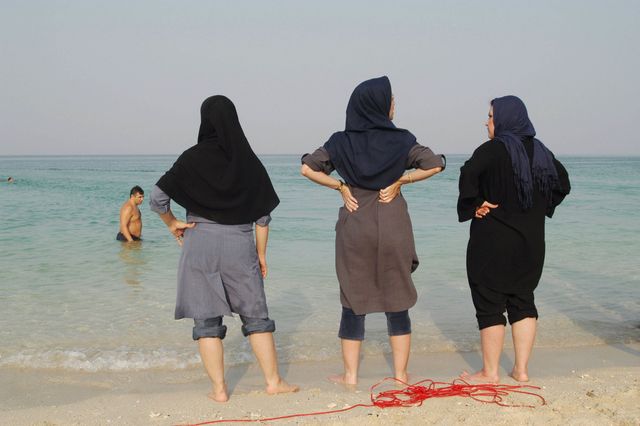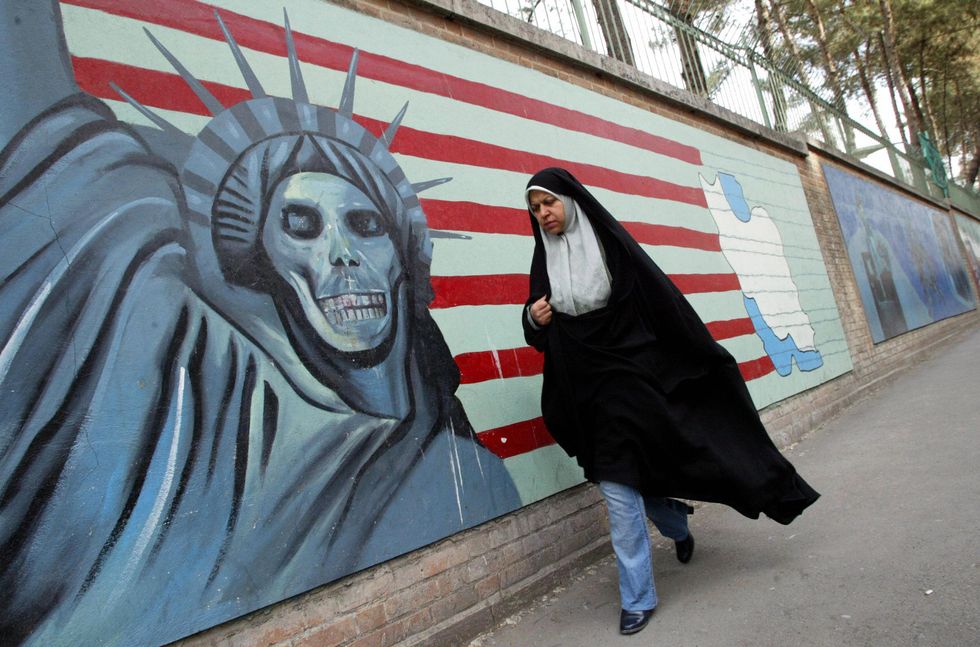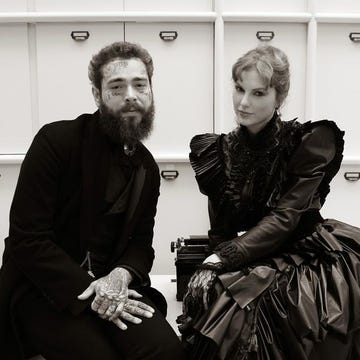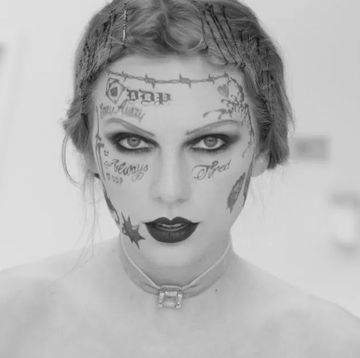For nearly 40 years, women in Iran have had to wear headscarves in public – a strict Islamic dress code that has been in place since the 1979 revolution. Those seen without the proper hijab head-covering have been fined, lashed or imprisoned for leaving part of their hair uncovered.
But police in Iran's capital have announced that women will no longer risk arrest for breaching the country's conservative interpretation of the Islamic dress code, which includes a ban on loose headscarves, wearing nail polish and heavy make-up.
'Those who do not observe the Islamic dress code will no longer be taken to detention centres, nor will judicial cases be filed against them,' said Tehran police chief General Hossein Rahimi, according to local media reports.
Instead of being placed under arrest by morality police or issued fines for 'bad hijabs,' (in 2015, two women were fined $300 for not wearing the mandatory hijab properly in public), women seen in public not wearing a hijab will be forced to attend Islam educational classes.
According to Al Monitor, Rahimi said 121 of these education classes have been held this year, with 7,900 in attendance.
The semi-official Tasnim news agency said violators would be made to attend classes given by police, but added that repeat offenders could still be subject to legal action, and the dress code remains in place outside of the capital.
Iran's morality police – similar to Saudi Arabia's religious police – typically escort violators to a police van, here their families are called to bring a change of clothes. The violator is then required to sign a form saying they will not commit the offence again.
Younger and more liberal-minded women have long pushed the boundaries of the country's official dress code, wearing loose headscarves that do not fully cover their hair and painting their nails, provoking criticism from conservatives. Iranian millennials have been especially defiant of the policy through social media protests and street marches.
The decision marks what seems like another step towards progress under Iran's relatively moderate President Hassan Rouhani, though some Iranians question just how much they should be celebrating.
Masih Alinejad, an Iranian activist, accused the government of 'avoiding a real solution' to the country's strict dress code policy.
'They should understand that in this day and age, how women dress is none of their business,' Alinejad wrote on Instagram. 'This is a small victory but a victory nevertheless. But our true victory is when compulsory hijab is abolished.'
And, as Twitter user Armin Navabi points out, a girl he spoke to Tehran says that hijab in Iran 'remains compulsory' and the police were only referring to people with 'improper hijab.'
The move also follows an unexpected number of gender reforms in Saudi Arabia, in which women will finally be allowed to drive in June 2018 and attend sporting matches in national stadiums.
Saudi authorities also allowed female contestants at an international chess tournament to play without the abaya (a long robe-like dress) despite the world's two-time chess champion refusing to play due to the country's women's rights record.















